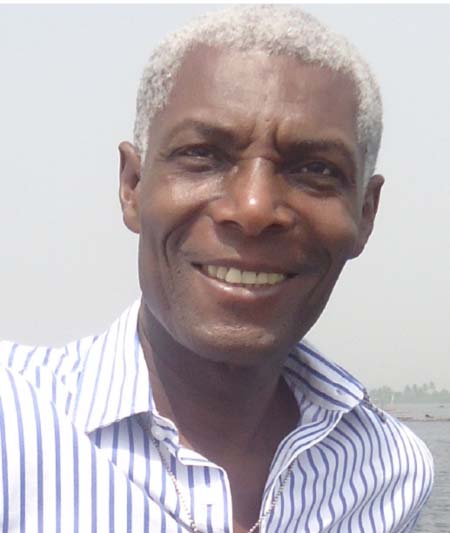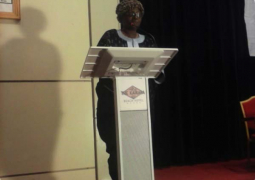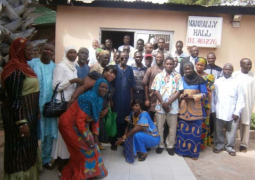
Pollution from or through the atmosphere and from ships, dumping, land-based activities, exploration and exploitation of the seabed are among its pressing concerns and issues which require control.
Olu Sarr told environmental journalists and communications specialists from countries that are signatories to the Abidjan Convention on Marine and Coastal Environmental Protection who participated in a workshop recently hosted by the Convention Secretariat in Abidjan, Côte d’Ivoire.
He said the cross learning dialogue for journalists is a vital ingredient in sensitizing the public and state officials to the collective effects needed to mitigate marine and coastal environmental problems and the impact of climate change on coastal communities.
They can also serve as an agents to behavioural change, he pointed out. The Convention, he posited, has also identified environmental management issues which include coastal erosion especially protected areas, combating pollution in cases of emergency and environmental impact assessment.
The Convention also has articles on scientific and technological cooperation, liability and compensation.
The workshop was held in keeping COP 10 Decision of the Contracting Parties to the Abidjan Convention that calls for public awareness-raising on the Convention and on marine and coastal environmental issues in the region.
The marine and coastal areas within the Abidjan Convention area, he said, are under tremendous stress due to the activity of millions of people living along its fragile coasts and the enormous offshore hydrocarbon exploration and exploitation activity in the areas.
Lamenting on the objectives of the training workshop, the Convention`s Assistant Coordinator of Communications said it would familiarize journalists with the science of the marine and coastal environment, as well as ocean governance issues.
This will in turn enhance their news gathering, writing and broadcast skills, with focus on the marine and coastal environment.
The workshop, held under the auspices of UNEP’s Division of Environmental Policy Implementation with funding from the Swedish International Development Agency, laid the foundation for a network of marine and coastal environmental journalists who would provide constant but authoritative reporting on relevant issues within the Abidjan Convention area.
The workshop was prepared and conducted by Canadian environmental journalist and communications consultant David Israelson with UNEP`s Regional Information Officer for Africa, Angele Luh, with PowerPoint presentations by the Regional Coordinator Abou Bamba.
At the end of the workshop, participants made a declaration that they are committed to sharing knowledge, expertise and ideas with one another and to engage themselves with local partners to encourage dissemination of the information.
They are also committed to consistent dissemination of information pertaining to the marine and coastal environment in the Abidjan Convention area and to the Abidjan Convention.
In three bullet points, the Convention communication objective aims to raise awareness on coastal and marine environmental issues across all the countries within the Abidjan Convention region to inform and influence policy and decision-making.
It is also expected to increase understanding of the role and mechanism of the Abidjan Convention in the protection, management and sustainable development of marine and coastal environment of the Atlantic Coast of the west, central and southern African region.
And finally build and sustain a network of environmental journalists and communicators who can share expertise, information and insights to support the above objectives.
Read Other Articles In Article (Archive)
GFA super cup final Sunday
Dec 31, 2009, 1:38 PM




